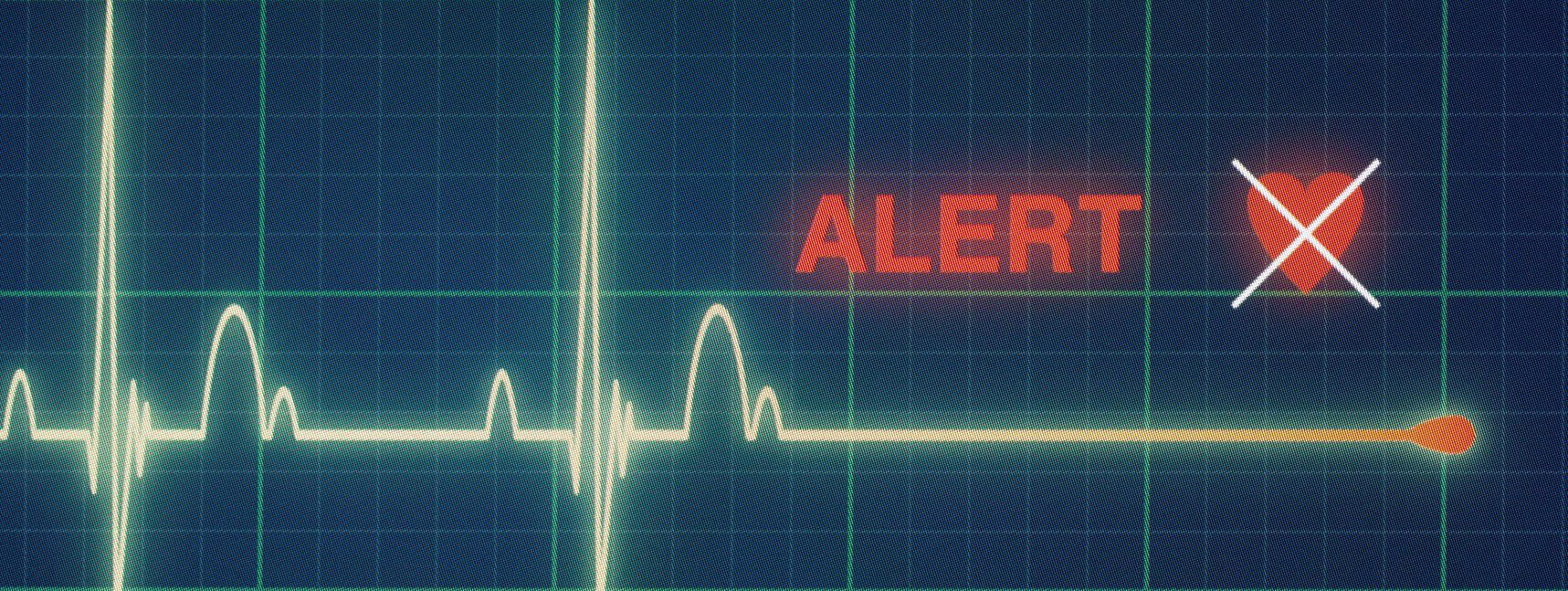Someone dies from a heart attack every 40 seconds in the United States, as reported by the Centers for Disease Control (CDC). About 20% of cardiac events are characterized as “silent,” meaning the victim is unaware that the heart attack occurred, even though the body is dealing with the damaging effects. Though heart attack risks and symptoms are quite common, they often go misdiagnosed by medical professionals, which can lead to even more severe complications.
Signs of a Heart Attack
A myocardial infarction is a medical term for what most people refer to as a heart attack. These incidents are caused by an inadequate blood supply to the heart. When blood flow is restricted, the heart muscle begins to fail, resulting in severe chest pain. People with some form of systemic disease, such as hypertension, coronary artery disease, high cholesterol, arrhythmias, and cardiomyopathy are generally more prone to heart attacks.
In most cases, a patient will experience warning signs before the onset of a heart attack, including but not limited to:
- Chest pain
- Left shoulder pain
- Jaw discomfort
- Difficulty breathing
- Nausea
- Fainting or light-headedness
- Cold sweats
In addition to these symptoms, heart attack victims often have risk factors, such as high blood pressure, obesity, lack of physical activity, smoking, high cholesterol, and diabetes. When a patient presents to a physician with these risk factors and symptoms, it is the professional duty of that doctor to properly assess the problem and make an accurate diagnosis.
The Danger of Missed and Delayed Diagnosis
Our Baltimore medical malpractice lawyers know that medical professionals frequently misdiagnose heart attacks. A treating physician may mistake an ER patient’s symptoms for a less serious condition, such as indigestion (simple heart burn). The patient may be sent home with a treatment plan or medication that not only fails to treat the patient’s heart attack, but may potentially cause further harm. This is especially common in situations where the presenting patient does not appear to be at high risk, like a young person or a physically fit female.
The heart muscle begins to deteriorate immediately upon the onset of a heart attack and the harm worsens with every passing minute. Prevention and immediate treatment are the most effective means of avoiding heart attack fatalities, so physician misdiagnosis can be fatal. Even in circumstances of delayed diagnoses, it may be too late for treatment methods to work effectively.
Experienced medical malpractice attorneys in Maryland and Washington D.C.
Schochor, Staton, Goldberg, and Cardea, P.A. is an award-winning medical malpractice law firm that has been helping injured victims for more than three decades. Our highly-skilled, knowledgeable team is ready to help with even the most complex medical malpractice claim. Call us today at 410-234-1000 or complete a contact form to schedule a consultation in either our Baltimore, MD or Washington D.C. office.

